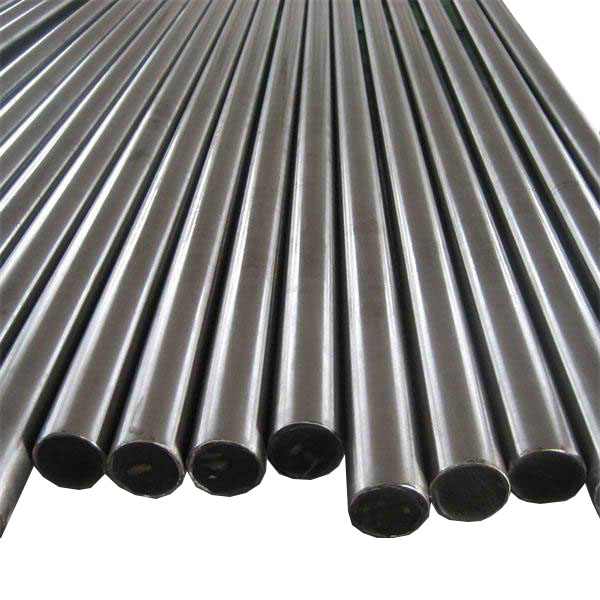Dimensions and Alloy Options of Aluminum Pipe/Aluminum Tube
Aluminum pipes and tubes come in a variety of dimensions and alloy options to suit different applications.
The choice of alloy and dimensions depends on factors like the intended use, structural requirements, and environmental conditions. Here's a general overview:
1. Dimensions: Aluminum pipes and tubes can be found in various dimensions, including:
Outer Diameter (OD): This is the measurement of the width of the pipe or tube, typically in inches or millimeters.
Wall Thickness (WT): This is the thickness of the pipe or tube wall, often expressed in inches or millimeters.
Length: The length of aluminum pipes' custom aluminum extrusion and tubes can vary widely, and custom lengths can often be ordered.
2. Alloy Options:
The choice of alloy is crucial as it determines the characteristics and properties of the aluminum pipe or tube. Some common aluminum alloys used for pipes and tubes include:
Alloy 6061: This is one of the most widely used aluminum alloys. It offers good corrosion resistance, excellent weldability, and moderate strength. It's suitable for a wide range of applications, including structural components and pipes.
Alloy 6063: This alloy is known for its excellent extrudability, making it a popular choice for producing aluminum tubing. It has good corrosion resistance and is often used for architectural and decorative applications.
Alloy 5083: Known for its high corrosion resistance and excellent strength, alloy 5083 is often used in marine applications for pipes and tubes due to its resistance to saltwater.
Alloy 7075: This is a high-strength aluminum alloy, often used in aerospace and high-stress structural applications. It offers an excellent strength-to-weight ratio but may have limited corrosion resistance.
Alloy 2024: Another high-strength alloy, 2024 is often used in aerospace and aviation applications. It has good machinability and fair corrosion resistance.
Alloy 3003: This alloy is primarily used for its excellent formability and corrosion resistance. It's often chosen for applications where welding is not required, such as heat exchanger tubing.
Alloy 1100: This is a commercially pure aluminum alloy with excellent corrosion resistance and good formability. It's often used in applications where high strength is not a primary requirement.
Keep in mind that there are many other aluminum alloys available,
Additionally, aluminum pipes and tubes can be produced in various shapes, such as round, square, rectangular, and oval, depending on the requirements of the application. Custom fabrication is also possible to meet unique specifications.

Comments
Post a Comment